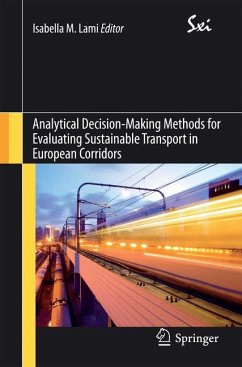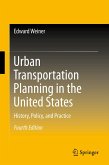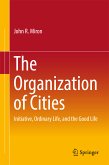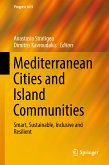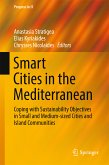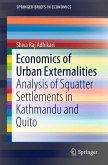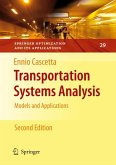In the light of this, the book's main objectives are:
- To define the problem by analyzing the key features, which include freight and passenger transport policies and issues; the territorial context, with its geographical, social, economic and cultural aspects; the plurality of subjects with different aims and resources and the lack of homogeneous information.
- To illustrate assessment models and evaluation frameworks (MCDA; Discrete Choice Analysis; Collaborative Assessments; Geovisualization Technologies) in theoretical terms and by the use of case studies.
Dieser Download kann aus rechtlichen Gründen nur mit Rechnungsadresse in A, B, BG, CY, CZ, D, DK, EW, E, FIN, F, GR, HR, H, IRL, I, LT, L, LR, M, NL, PL, P, R, S, SLO, SK ausgeliefert werden.

